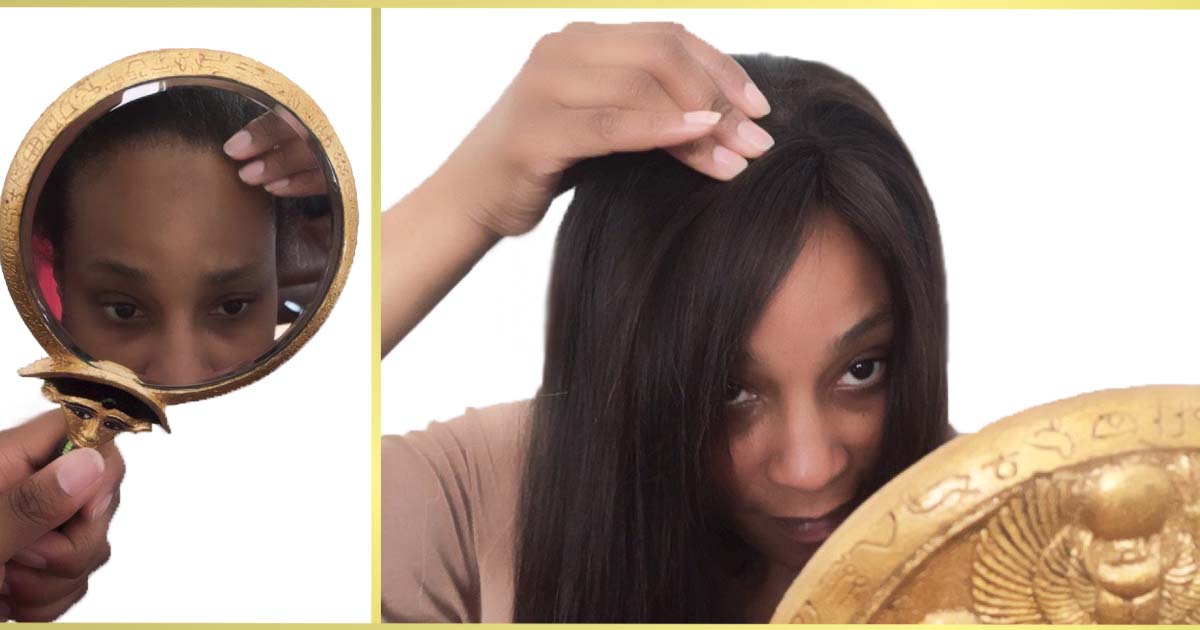 The unusual hair loss issue effects one out of four men, regardless the age. That’s roughly 32.5 million men.
The unusual hair loss issue effects one out of four men, regardless the age. That’s roughly 32.5 million men.
It’s no different for women’s hair loss. The first thing to do is to get the facts about thinning hair. The first thing to do is to find the root cause of your unusual hair loss.
If you have any health-related concerns contact your doctor as soon as possible. We’ve provided information to help shed light on your hair woes and some suggestions on ways to put you on the path to achieving stronger, thicker, healthier-looking hair.
1. Stress and/or Trauma
Increased levels of stress produces increased levels of testosterone, which converts to DHT and interrupts the hair growth cycle. Stress or trauma also constricts the blood supply to the capillaries, causing a lack of oxygen and nutrients uptake as well as poor vitamin and nutrient assimilation for the hair follicle.
2. Medications
The side effects of drugs can cause hair loss as the hair follicle is super sensitive to changes. Birth control, for example, is a hormone. Almost any hormonal therapy can potentially cause hair loss. Steroids, specific chemotherapies as well as many blood pressure, diabetic, heart disease and even acne medications can cause temporary or permanent hair loss.
3. Environment
Our scalps are continuously exposed to air pollutants, chlorine, metals, and minerals and water pollution. Pollutants from the environment such as pseudo-estrogens (estrogen mimics) and toxins from within our body, can combine to play a role in hair loss.
The sun is also a major contributor to follicle damage. Through the photo toxic effects of sunlight, free radicals are formed when ordinary sunlight (or the light from florescent tubes or tanning beds) strikes and penetrates the skin. These harmful UV-A rays can unnaturally age the skin cells.
4. Health
Not all healthy bodies produce beautiful, healthy hair! Malfunctions of the hormone producing Thyroid (hyperthyroid and hypothyroid disease), is one of the only known health related causes of hair loss. The side effects of the medications used to treat thyroid diseases can also cause hair loss problems. Pregnant women, generally considered healthy, can also experience hair loss that is generally associated with temporary hormonal changes in the body.
5. Nutrition and Diet
High consumption of animal fats (such as found in fast food), vitamin A or rapid weight loss reduces the amino acids and vitamin assimilation needed for hair growth. Poor nutrition, limiting food intake, and liquid protein diets can cause hair loss. Deficiencies in biotin, iron, protein and zinc are particularly damaging to healthy hair growth.
6. Genetic Predisposition
Scientific research shows that over the past decade hair loss has been on the rise in both men and women. A genetic predisposition of hormonal balances and imbalances, as well as the conversion of testosterone into Dihydrotestosterone (DHT), can be inherited from either your mother’s or your father’s side of the family. Aging plays a natural part in follicle deterioration and hair loss.
Throughout our lives testosterone and estrogen levels in men and women go through dramatic changes. These hormonal fluctuations and the conversion to DHT can cause hair loss. The identification of a bald gene only exists in rare cases of Alopecia Totalis and Alopecia Universalis. What is more common is an age-related, family predisposition to hormonal changes that can cause hair loss.
In Conclusion
Louticia Grier is educated on the causes of thinning hair and can tell you about what products cleanse and nourish the hair and scalp to create an optimum scalp environment for fuller, healthier-looking hair. And most of all don’t give up or ignore the increased number of hairs you’re seeing in the shower. For more information call (858) 259-6833 or schedule a complimentary consultation.









